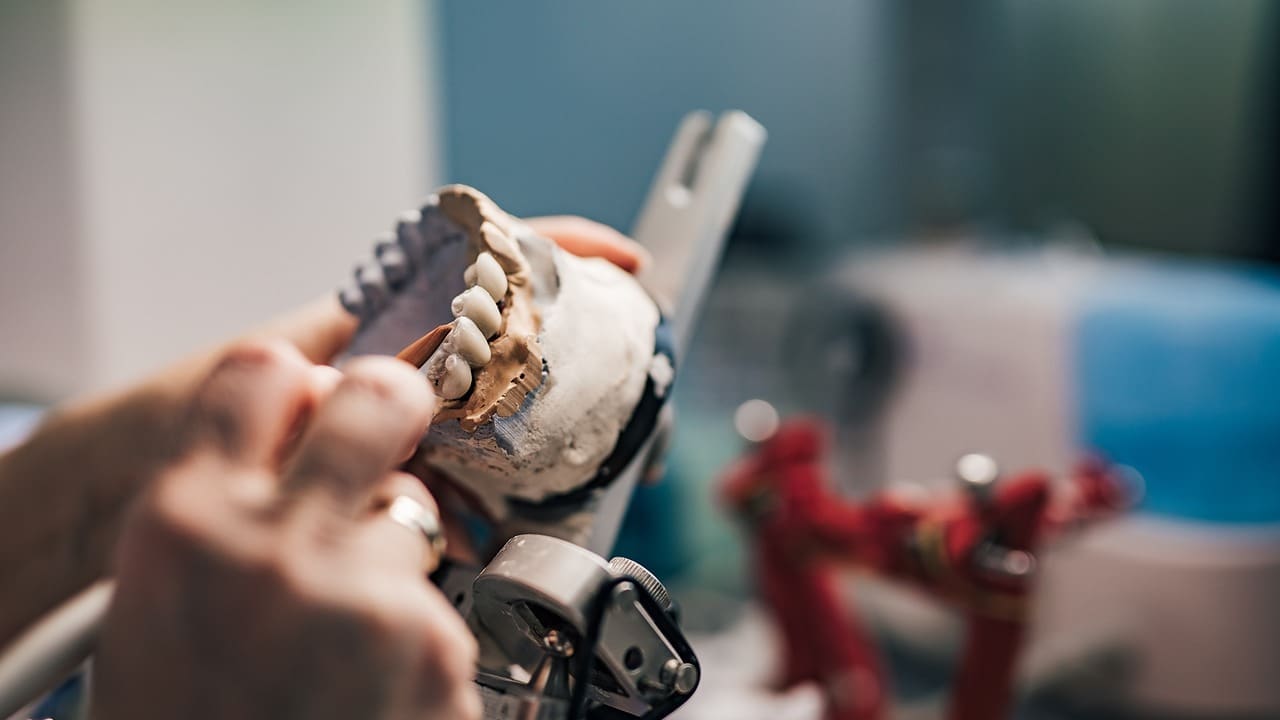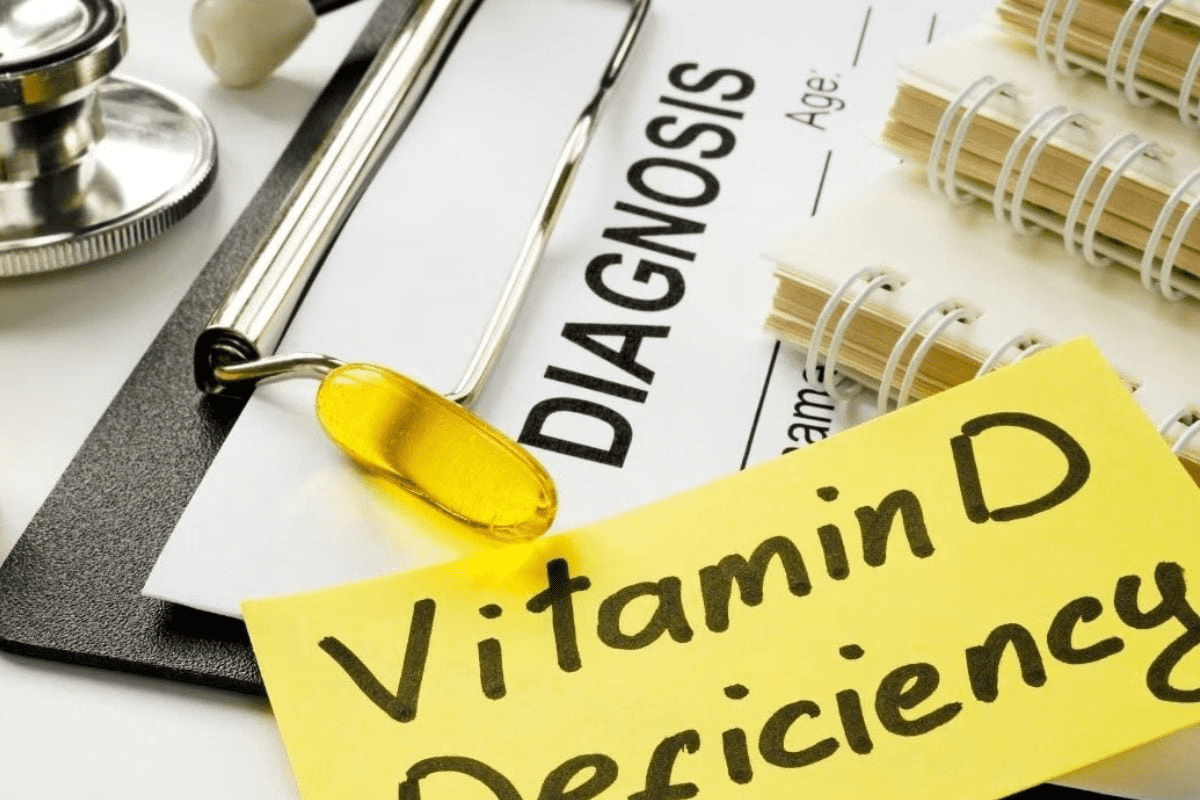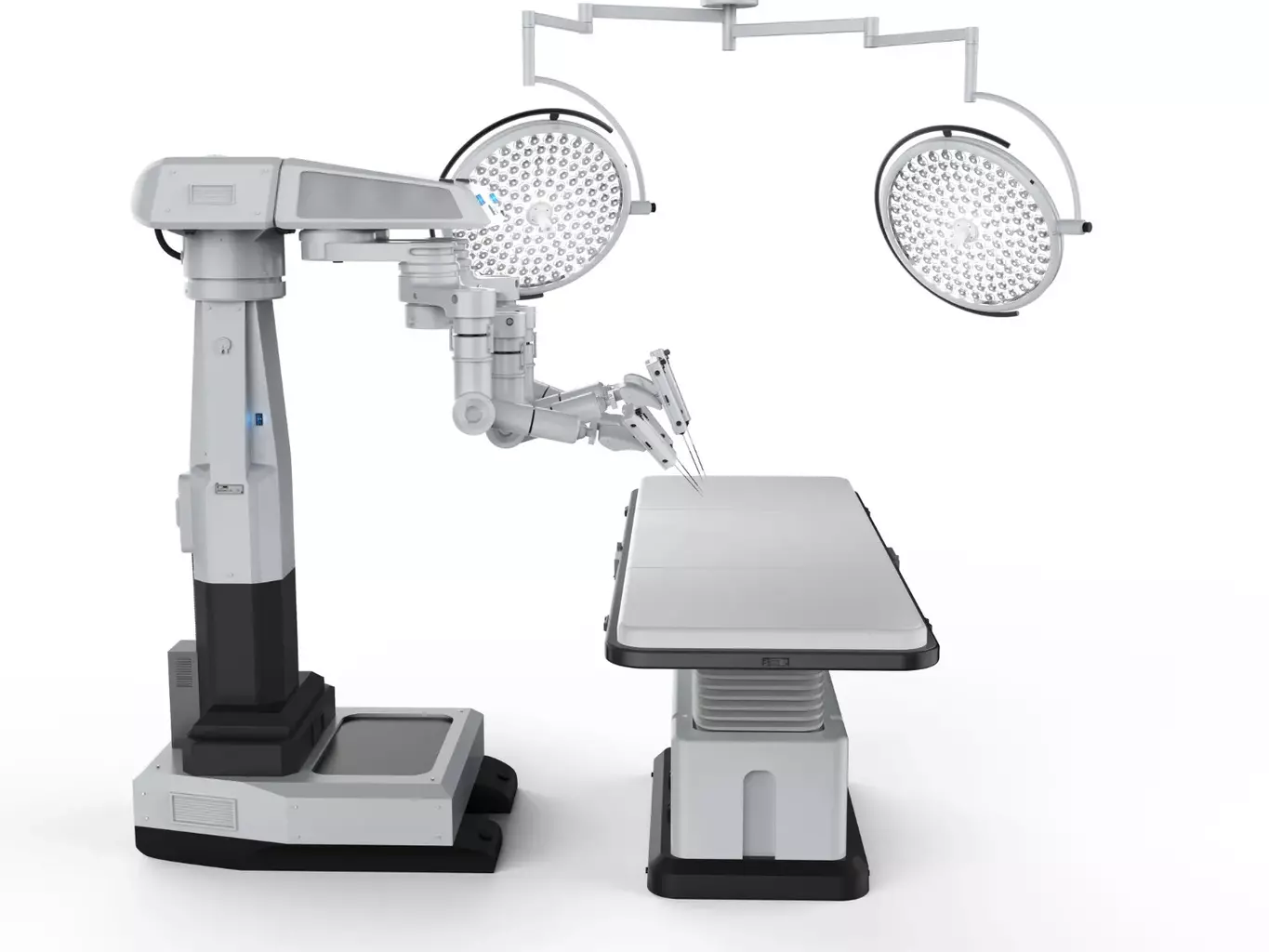Last Updated on November 26, 2025 by Bilal Hasdemir
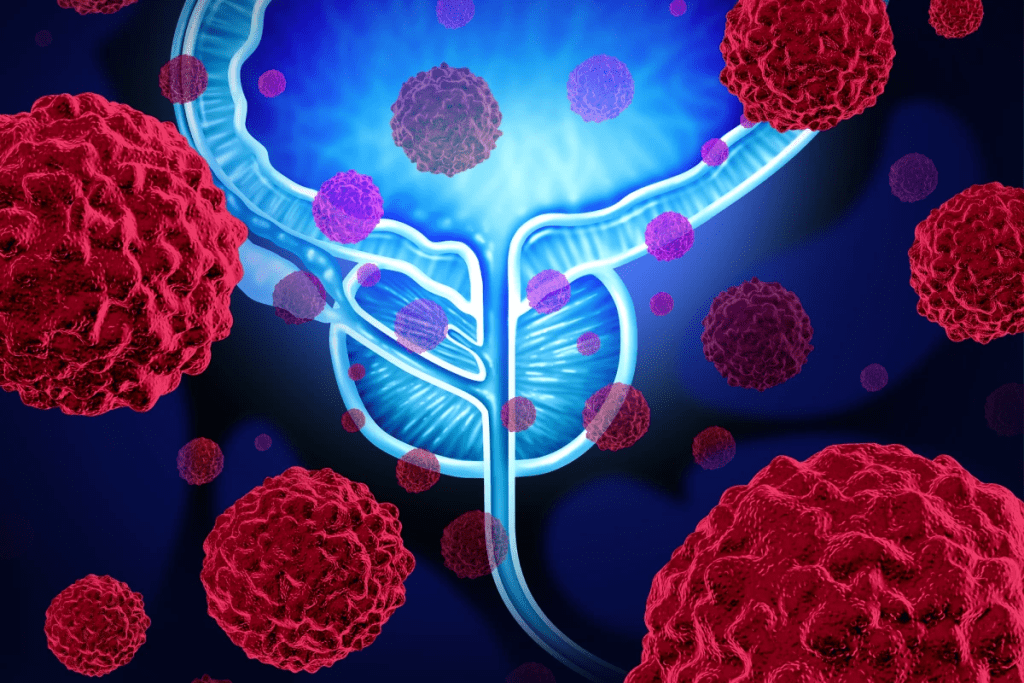
Explore methods for detoxifying the prostate and natural approaches for how to shrink prostate size to alleviate symptoms.
As men get older, keeping their prostate healthy is more important. Almost half of men over 50 face prostate problems. These can range from benign prostatic hyperplasia (BPH) to serious conditions like prostate cancer.
We know how vital prostate health is. Supplements like FlowForce Max and ProstaVive aim to help. They use natural ingredients to support prostate health. But what does detoxing your prostate mean, and how can it help your health?
Detoxing your prostate means helping it work naturally and staying healthy. By looking into natural remedies for enlarged prostate and the role of prostate cleanse, men can take steps to keep their prostate in good shape.
Key Takeaways
- Keeping your prostate healthy is key for your overall well-being, more so for men over 50.
- Supplements like FlowForce Max and ProstaVive support prostate health with natural ingredients.
- Detoxing the prostate means supporting its natural function.
- Natural remedies can help with enlarged prostate issues.
- Living a healthy lifestyle is essential for prostate health.
Understanding Prostate Health and Function
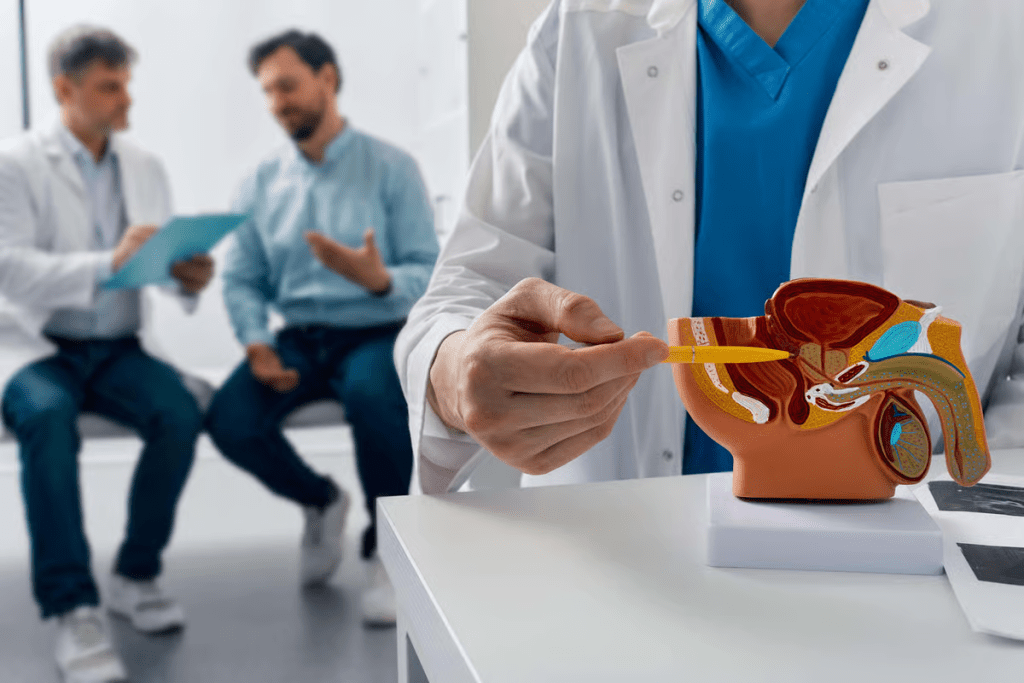
It’s key to know about the prostate gland and its role in men’s health. The prostate gland is vital for the male reproductive system. Its proper function is essential for overall health.
What Is the Prostate Gland?
The prostate gland is a small, walnut-sized gland below the bladder in men. It surrounds the urethra, the tube that carries urine from the bladder out through the penis. The gland is made of glandular tissue and muscle, producing fluids that make up semen.
Normal Prostate Function
The prostate gland’s main job is to produce prostatic fluid. This fluid nourishes and protects sperm. Along with sperm and fluids from other glands, it forms semen. The gland also has muscles that help expel semen during ejaculation.
Common Prostate Issues
Several issues can affect the prostate gland, including Benign Prostatic Hyperplasia (BPH), prostatitis, and prostate cancer. BPH is a non-cancerous enlargement of the prostate gland that can cause urinary symptoms. Prostatitis is inflammation of the prostate gland, often due to infection. Knowing about these conditions is important for prostate health.
| Condition | Symptoms | Impact on Health |
| Benign Prostatic Hyperplasia (BPH) | Frequent urination, weak urine flow, nocturia | Disrupts sleep, affects quality of life |
| Prostatitis | Painful urination, pelvic pain, fever | Can lead to complications if untreated |
| Prostate Cancer | Often asymptomatic in early stages | Can be life-threatening if not detected early |
Signs Your Prostate Needs Detoxification
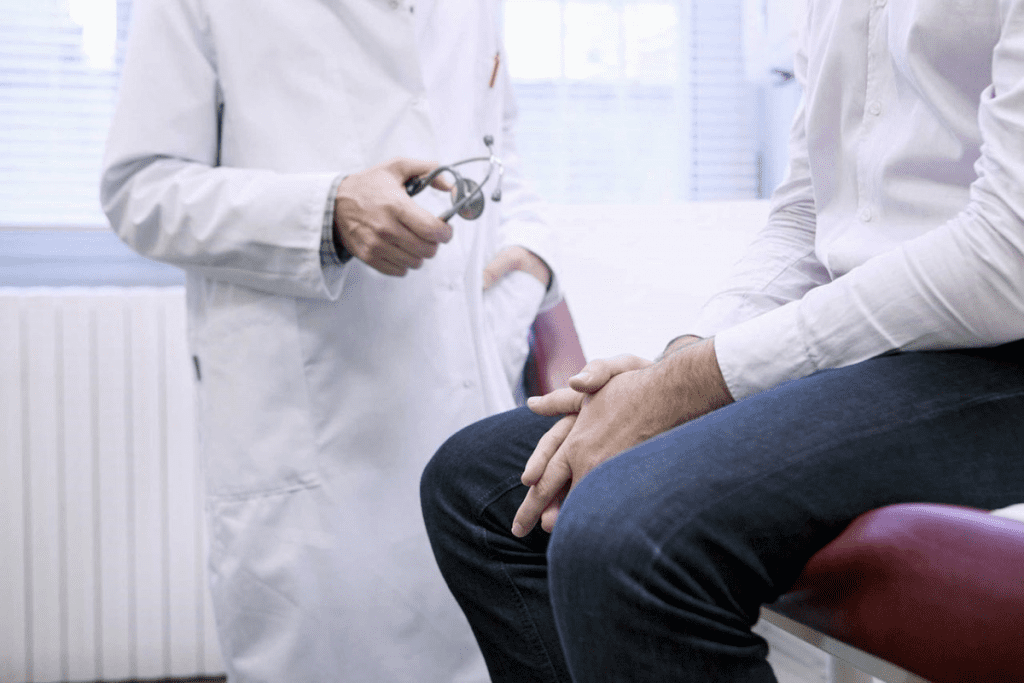
As men get older, it’s important to know when their prostate needs detox. The prostate gland is key to male health. Any problems can cause discomfort and serious health issues.
Physical Symptoms of Prostate Problems
Prostate issues show up in different ways. Some common signs are:
- Pain or discomfort in the pelvic area
- Frequent urination, even at night
- Weak or interrupted urine flow
- Painful ejaculation
- Blood in the urine or semen
These symptoms can really affect a man’s life. It’s important to deal with them quickly.
Urinary Changes and Warning Signs
Urinary changes often signal prostate problems. Men might notice:
- Difficulty starting urination
- Straining while urinating
- Dribbling of urine
- Frequent or urgent need to urinate
Ignoring these signs can lead to bigger problems, like urinary tract infections or kidney damage.
When to Consult a Healthcare Provider
If you’re showing any symptoms, see a healthcare provider. They can check you and figure out what’s wrong.
A healthcare provider can create a treatment plan for you. This might include detox strategies.
Getting help early can make a big difference. So, don’t wait to see a doctor if you’re worried about your prostate.
The Science Behind Prostate Enlargement
It’s important to know how prostate enlargement works. This issue, known as Benign Prostatic Hyperplasia (BPH), is common in older men.
Benign Prostatic Hyperplasia (BPH) Explained
BPH makes the prostate gland grow bigger. This can block the urethra and cause urinary problems. It’s not cancer but can really affect a man’s life.
We don’t know all the reasons for BPH, but hormones play a big part. Dihydrotestosterone (DHT), a strong form of testosterone, is key in BPH growth.
Hormonal Factors in Prostate Growth
Hormones, like testosterone turning into DHT, are important in prostate growth. DHT makes the prostate bigger, causing BPH.
| Hormone | Role in Prostate Health |
| Testosterone | Primary male sex hormone |
| Dihydrotestosterone (DHT) | Potent form of testosterone linked to prostate growth |
| Estrogen | May influence prostate health through its effects on hormone balance |
Inflammation and Its Role in Prostate Health
Inflammation in the prostate can also make it grow. Long-term inflammation can cause BPH and make symptoms worse.
It’s key to understand how hormones and inflammation work together. This helps find better ways to treat BPH.
How to Shrink Prostate Through Dietary Changes
Eating a balanced diet full of important nutrients can help your prostate. It might even make an enlarged prostate smaller. Making smart food choices is a great way to care for your prostate.
Anti-Inflammatory Foods for Prostate Health
Eating foods that fight inflammation can boost your prostate health. Here are some good ones:
- Fatty Fish: Fish like salmon and sardines are full of omega-3s, which fight inflammation.
- Berries: Blueberries and raspberries are full of antioxidants that fight oxidative stress.
- Green Leafy Vegetables: Spinach and kale are rich in vitamins and minerals that support prostate health.
- Nuts and Seeds: Almonds and flaxseeds are good for healthy fats and antioxidants.
Foods to Avoid for Better Prostate Function
Some foods can hurt your prostate, while others help. It’s best to cut down on:
- Dairy Products: Too much dairy can increase the risk of prostate problems.
- Processed Meats: Foods like sausages and bacon have preservatives that can harm your prostate.
- Red Meat: Eating too much red meat can cause inflammation and prostate issues.
- Caffeine and Alcohol: Both can irritate your bladder and prostate, making symptoms worse.
Hydration and Its Impact on Prostate Health
Drinking enough water is key for prostate health. It helps remove toxins and supports your urinary system. Try to drink at least eight glasses of water a day. Also, add prostate-friendly drinks like green tea to your routine.
By eating right and staying hydrated, you can greatly support your prostate health. This might even help shrink an enlarged prostate.
Powerful Herbs and Supplements for Prostate Detoxification
Certain natural supplements are key for prostate health and detox. It’s important to know their benefits and how they help the prostate.
Saw Palmetto and Its Benefits
Saw palmetto is a top choice for prostate health. It helps reduce symptoms of an enlarged prostate and may slow prostate issues. It works by blocking the conversion of testosterone to DHT, a hormone linked to prostate growth.
Pygeum Africanum for Prostate Health
Pygeum africanum, or African cherry, supports prostate health. Its anti-inflammatory properties help reduce prostate inflammation and improve urinary symptoms of BPH.
Beta-Sitosterol and Prostate Function
Beta-sitosterol, a plant sterol, improves urinary flow and reduces BPH symptoms. It’s thought to reduce inflammation and improve prostate health.
Zinc, Selenium, and Other Essential Minerals
Zinc and selenium are vital for prostate health. Zinc boosts the immune system and supports cell metabolism, while selenium acts as an antioxidant. Getting enough of these minerals is key for prostate health.
In summary, adding these herbs and supplements to your routine can help with prostate detox and health. But, always talk to a healthcare provider before starting any new supplement to ensure it’s safe and works well for you.
Natural Remedies for Enlarged Prostate
Many natural remedies can help with enlarged prostate symptoms. These options are great for those looking for alternatives or to use alongside traditional treatments.
Pumpkin Seed Extract and Oil
Pumpkin seed extract and oil are known for supporting prostate health. They are full of antioxidants and fatty acids. These may help lessen enlarged prostate symptoms.
Studies show pumpkin seed oil can improve how well you urinate. It might also help you go to the bathroom less often.
Stinging Nettle Root Benefits
Stinging nettle root is another natural remedy for enlarged prostate. It’s thought to reduce inflammation and boost urinary function. Some research suggests it can even shrink the prostate gland.
Rye Grass Pollen Extract
Rye grass pollen extract is used in Europe for urinary issues linked to enlarged prostate. It’s believed to lessen inflammation and improve prostate health. Clinical trials have shown it can better urinary symptoms and overall quality of life.
African Plum Tree Bark
The bark of the African plum tree is used in traditional medicine for urinary problems. It’s thought to have anti-inflammatory properties. This may help improve urinary flow.
Some studies suggest using African plum tree bark with other natural remedies can boost their effectiveness.
While these natural remedies show promise, always talk to a healthcare provider before using them. This ensures they are used safely and effectively, even when combined with traditional treatments.
Detoxifying Teas and Drinks for Prostate Health
Adding detoxifying teas and drinks to your daily routine can help your prostate health. Some drinks have properties that fight inflammation and boost well-being.
Green Tea and Its Antioxidant Properties
Green tea is packed with antioxidants. These help protect the body from harmful free radicals. The antioxidants in green tea, like catechins, may also help your prostate stay healthy.
Benefits of Green Tea:
- Rich in antioxidants
- May reduce inflammation
- Supports overall health
Herbal Teas for Prostate Detoxification
Other herbal teas can also help your prostate. Drinking them daily can aid in detoxification.
| Herbal Tea | Potential Benefits |
| Saw Palmetto Tea | May help reduce prostate inflammation |
| Nettle Root Tea | Can support urinary health |
| Pygeum Tea | May alleviate symptoms of an enlarged prostate |
Homemade Detox Drinks Recipes
Homemade detox drinks are also great for prostate health. Here are a few easy recipes:
Prostate Health Smoothie:
- 1 cup green tea (cooled)
- 1/2 cup frozen berries
- 1 tablespoon pumpkin seeds
- 1 teaspoon honey
By adding these detox teas and drinks to your life, you’re taking a step towards better prostate health. Always talk to a doctor before changing your diet or health routine.
Lifestyle Modifications to Support Prostate Detoxification
When we talk about prostate detoxification, lifestyle changes are key. They help a lot in keeping the prostate healthy. By changing our daily habits, we can make detox work better.
Stress Management Techniques
Stress is bad for the prostate. So, managing stress is important. Meditation and yoga are great for this. Try to do them every day to feel better.
Deep breathing exercises and progressive muscle relaxation also help. Just a few minutes a day can make a big difference in how you feel.
Sleep Quality and Prostate Health
Good sleep is important for health, including the prostate. Bad sleep can mess with hormones, making prostate problems worse. To sleep better, set a regular bedtime and have a calm bedtime routine.
Also, don’t drink caffeine or use electronic devices before bed. Better sleep helps the prostate and detox work better.
Avoiding Environmental Toxins
Environmental toxins harm the prostate. So, we should avoid them. Choose natural and non-toxic products for everyday use.
- Avoiding pesticides and heavy metals
- Choosing organic produce
- Using eco-friendly household cleaners
By doing this, we can protect our prostate from toxins. It’s good for our overall health.
Exercise Regimens That Benefit Prostate Health
Exercise is key for prostate health. The right exercises can make a big difference. Regular activity boosts overall health and helps the prostate too.
Kegel Exercises for Men
Kegel exercises strengthen pelvic floor muscles. These muscles are vital for prostate health. They help control the bladder and may ease enlarged prostate symptoms.
To do Kegel exercises right, find the muscles that stop urine flow. Contract them for 5-10 seconds, then release. Do this 10-15 times, several times a day.
Aerobic Activities and Their Impact
Aerobic exercises like brisk walking, cycling, or swimming are great for health. They boost heart health, reduce inflammation, and keep weight in check. All these help lower prostate risk.
Aerobic exercise also lowers stress, which is good for the prostate. Try to do at least 150 minutes of moderate-intensity aerobic activity weekly.
Strength Training and Prostate Function
Strength training is essential for prostate health. It builds muscle, boosts metabolism, and strengthens the immune system. This can lower prostate problem risks.
Choose exercises that work many muscles at once, like squats, lunges, and deadlifts. Do strength training 2-3 times a week. Make sure to rest well between workouts.
Mix Kegel exercises, aerobic activities, and strength training for better prostate health. A urologist says, “Exercise is vital for prostate health. A balanced routine can greatly reduce prostate risks.”
“The benefits of exercise for prostate health are multifaceted, ranging from reducing inflammation to improving overall well-being.” – A Prostate Health Specialist
By following these exercise tips, men can support their prostate health. Remember, being consistent is important. Combining exercise with healthy living leads to the best results.
Alternative Therapies for Prostate Detoxification
Alternative therapies are becoming more popular for helping with prostate detox. They can work well with traditional treatments to keep the prostate healthy.
Acupuncture for Prostate Health
Acupuncture is a traditional Chinese medicine that uses thin needles. It may help with prostate problems like pain and trouble urinating. It can improve blood flow and lower inflammation, which is good for the prostate.
“Acupuncture has been shown to be effective in reducing symptoms of chronic prostatitis, improving quality of life for many patients,” notes a study published in a reputable medical journal.
Massage Techniques for Prostate Relief
Massage therapy is another option for prostate health. It includes prostate massage to clear blockages and improve drainage. Regular massage can also reduce inflammation and improve prostate function.
- Prostate massage: Helps to clear blockages and improve drainage.
- Myofascial release: Relaxes the muscles around the prostate, reducing tension.
Hydrotherapy Options
Hydrotherapy uses water to help with health issues. For the prostate, it includes sitz baths or contrast hydrotherapy. These methods can reduce inflammation and improve circulation, helping the body detox naturally.
“Hydrotherapy can be a valuable adjunct to other treatments, providing relief from prostate-related symptoms,” according to a healthcare professional.
Adding these alternative therapies to a prostate health plan can offer extra support. It can help with detoxification.
Creating a 30-Day Prostate Detox Plan
We suggest a 30-day prostate detox plan that’s easy to follow. It’s designed to help you detox your prostate and keep it healthy.
Week 1: Initial Detoxification Steps
The first week is key to starting your detox plan. Eat anti-inflammatory foods like leafy greens and fatty fish. Also, drink more water to remove toxins.
Start small by changing your daily habits. Take short walks after meals and try stress-reducing activities like meditation.
Week 2: Intensifying the Detox Process
In the second week, boost your detox with herbal supplements like saw palmetto and pygeum africanum. Keep an eye on your diet to avoid foods that harm your prostate.
Try adding detoxifying teas like green tea to your routine. It’s full of antioxidants.
Week 3: Maintenance and Support
By the third week, you should see positive changes. Keep eating well and drinking plenty of water. It’s time to check your progress and see if your symptoms have improved.
Think about adding lifestyle changes like exercise and stress management to support your prostate.
Week 4: Long-term Strategies
In the last week, focus on keeping your prostate healthy long-term. Keep eating right, stay active, and manage stress. Don’t forget to get regular check-ups with your doctor.
“A healthy lifestyle is key to maintaining a healthy prostate. By combining a balanced diet with regular exercise and stress management, individuals can significantly reduce their risk of prostate-related issues.”
By sticking to this 30-day detox plan, you can improve your prostate health for the long run.
Monitoring Progress and Adjusting Your Approach
To make sure our prostate detox plan works, we need to keep an eye on how we’re doing and tweak things as needed. This way, we can adjust our plan to fit our body’s needs better and improve our prostate health.
Tracking Symptom Improvements
One key way to check how we’re doing is by watching for symptom improvements. Look for less frequent bathroom trips, better urine flow, or less pain. Writing down these changes in a journal can help us see how far we’ve come.
It’s also important to watch for new symptoms during detox. Some initial discomfort is normal as our body gets used to it. But if symptoms get worse or don’t go away, we should talk to a doctor right away.
When to Modify Your Detox Protocol
If our symptoms aren’t getting better or are getting worse, it might be time to change our detox plan. This could mean tweaking our diet, switching supplements, or adding new exercises.
For example, if our urine issues aren’t improving, we might add more foods good for the prostate or take more of certain herbs that help prostate function.
| Symptom | Potential Adjustment | Expected Outcome |
| Urinary frequency | Increase intake of Saw Palmetto | Reduced frequency |
| Discomfort | Add anti-inflammatory foods | Decreased discomfort |
| Poor urine flow | Incorporate Kegel exercises | Improved urine flow |
Combining Natural Approaches with Medical Treatment
Natural methods can be very helpful, but they shouldn’t replace medical treatment when it’s needed. If we’re dealing with serious prostate problems, we should see a doctor to figure out the best plan.
Using natural detox methods along with medical treatments, under a doctor’s guidance, can offer the best care. This mix can tackle prostate health from different angles, leading to better results.
By keeping an eye on our progress, being ready to make changes, and working with doctors when needed, we can make our prostate detox plan as effective as possible. This helps us support our prostate health for the long term.
Common Mistakes to Avoid During Prostate Detoxification
When you start a prostate detox program, knowing common mistakes is key. This approach aims to boost prostate health through diet, supplements, and lifestyle changes. But, some errors can really set you back.
Overreliance on Supplements
Many men overdo it with supplements during detox. While supplements like saw palmetto and zinc help, they shouldn’t be your only go-to. They’re meant to enhance, not replace, a balanced diet and lifestyle.
- Counting only on supplements without changing your diet.
- Starting new supplements without talking to a doctor first.
- Thinking supplements will fix everything right away.
Ignoring Medical Advice
Ignoring the doctor’s orders is another big mistake. Detox should be an addition, not a replacement for medical care. Always talk to a doctor before starting any detox program, if you have a prostate issue.
- Starting detox without a proper diagnosis.
- Not telling your doctor about the supplements you’re taking.
- Ignoring any changes in your prostate health.
Inconsistent Application of Remedies
Being consistent is vital in detox. If you’re not sticking to your plan, you might not see the results you want. Stick to your detox plan and adjust as needed, with your doctor’s input.
- Not keeping up with diet and lifestyle changes.
- Changing supplements or dosages too often.
- Quitting too soon because you don’t see quick results.
Avoiding these mistakes can help you get the most out of detox. A balanced approach, including diet, supplements, and lifestyle changes, under a doctor’s guidance, is best for prostate health.
Conclusion
Maintaining prostate health is a long-term effort that needs dedication and the right steps. Understanding how the prostate works and knowing the signs of problems is key. Adding healthy foods, natural remedies, and lifestyle changes can help a lot.
We talked about how eating well and using certain herbs and supplements can help. Foods that fight inflammation and herbs like saw palmetto are good for the prostate. Also, living a healthy lifestyle, managing stress, exercising, and avoiding harmful substances are important.
In summary, taking a full approach to prostate health can greatly improve your overall health. By following these tips and staying committed, you can lower the risk of prostate problems. We suggest keeping up with prostate health news and talking to doctors to make a plan that’s right for you.
FAQ
What is the prostate gland and its function?
The prostate gland is a small gland in men, about the size of a walnut. It helps with fertility by making fluids that protect and nourish sperm. Keeping the prostate healthy is key, even more so as men get older.
What are the common issues that affect the prostate gland?
Issues like Benign Prostatic Hyperplasia (BPH), prostatitis, and prostate cancer are common. They can cause symptoms like changes in urination, pain, and discomfort.
How can I tell if my prostate needs detoxification?
Signs you might need prostate detox include pain or discomfort, changes in urination, and trouble starting or stopping to pee.
What dietary changes can help shrink the prostate?
Eating anti-inflammatory foods and avoiding irritants can help. Include fruits, veggies, whole grains, and lean proteins in your diet. Staying hydrated is also important.
Are there any herbs and supplements that can support prostate health?
Yes, herbs like saw palmetto and supplements like zinc and selenium can help. They may ease symptoms of BPH and other prostate issues.
What natural remedies can help with an enlarged prostate?
Pumpkin seed extract, stinging nettle root, and rye grass pollen extract can help. African plum tree bark is also beneficial. These may reduce symptoms and improve health.
Can detoxifying teas and drinks help with prostate health?
Yes, green tea, herbal teas, and homemade detox drinks can support prostate health. They offer antioxidants and other beneficial compounds.
How can lifestyle modifications support prostate detoxification?
Managing stress, improving sleep, and avoiding toxins can help. These changes support prostate health and overall well-being.
What exercises can benefit prostate health?
Kegel exercises, aerobic activities, and strength training can help. They reduce symptoms and improve physical function.
Are there any alternative therapies that can support prostate detoxification?
Yes, acupuncture, massage, and hydrotherapy may help. They support prostate health and alleviate symptoms.
How can I create a 30-day prostate detox plan?
Create a 30-day plan with dietary changes, supplements, and lifestyle modifications. Include natural remedies. Always consult a healthcare provider before starting.
How do I monitor progress and adjust my approach?
Track symptom improvements and adjust the detox plan as needed. Combine natural methods with medical treatment if necessary. Regular check-ins with a healthcare provider are key.
What common mistakes should I avoid during prostate detoxification?
Avoid overrelying on supplements, ignoring medical advice, and being inconsistent. A balanced and informed approach is essential for successful detoxification.
What is the role of hydration in prostate health?
Hydration is vital for prostate health. It helps flush out toxins and maintain function. Drinking enough water is essential.
Can natural remedies be used alongside medical treatment?
Yes, natural remedies can be used with medical treatment. But, always consult a healthcare provider to ensure safe and effective treatment.
References
Lukacz, E. S., et al. (2009). Urinary frequency in community-dwelling women: What is normal? BJU International, 103(9), 1213“1217.



